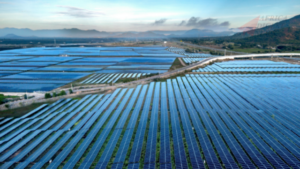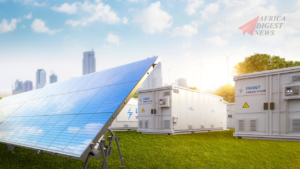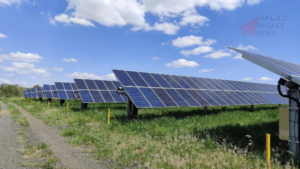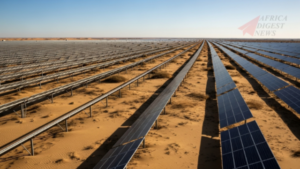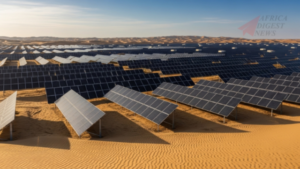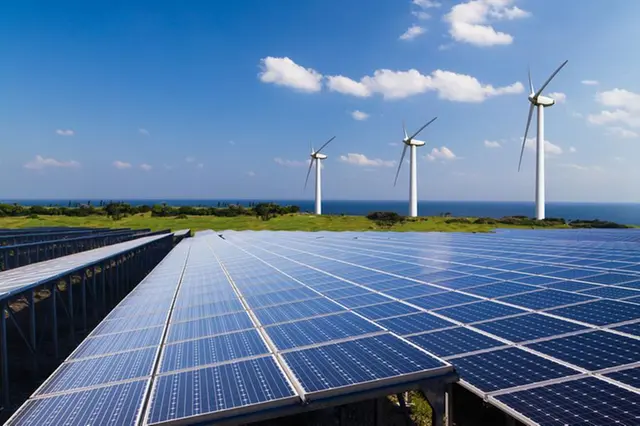
By Thuita Gatero, Managing Editor, Africa Digest News. He specializes in conversations around data centers, AI, cloud infrastructure, and energy.
The world seems to be waking up to an open secret: Africa may be the market that defines the next era of global power dynamics.
This week, the European Bank for Reconstruction and Development (EBRD) deepened its commitment to the continent’s clean energy transition with an additional $40 million equity investment in Egypt-based Infinity, bringing its total stake to $141.5 million. The capital will help develop 3 gigawatts of solar and wind capacity across Africa through Infinity Power, the company’s joint venture with Abu Dhabi’s Masdar.
This is a strategic expansion move and a vote of confidence in Africa’s energy future at a time when the rest of the world is still debating whether the continent is “ready.”
Africa holds 60% of the best solar resources on earth, yet accounts for less than 3% of global renewable energy capacity. The continent’s energy story is too often told through the tired lens of deficit and dependency. But capital flows are quietly rewriting the narrative and this investment is a reminder.
Infinity Power already operates 1.3 GW across Egypt, South Africa, and Senegal. That scale would have been unthinkable just a decade ago. Now, it marks a new phase: Africa moving from pilot projects to continental infrastructure players.
And yes, this is still early days.
The EBRD’s follow-on investment matters because institutional capital follows institutional confidence. This isn’t philanthropy. It’s a business decision aligned with a future where Africa isn’t begging for access to energy markets, it’s competing in them.
Read Also: Morocco Bets on Rooftop Solar to Power Millions of Electric Cars And Avoid an EV Bottleneck
Harry Boyd-Carpenter, who leads the EBRD’s Sustainable Infrastructure Group, put it plainly: the goal is to “drive energy security, decarbonisation and economic development across the continent.”
Egypt has become the continent’s quiet renewable energy diplomat. While other African countries debate whether policy should lead growth or growth should justify policy, Cairo did the obvious thing: it made itself investable.
Since 2012, the EBRD has put €13.5 billion into Egypt across 207 projects. The country learned early that global energy capital doesn’t go where the sun shines brightest, it goes where regulation is predictable and returns are clear.
It’s a lesson Nairobi, Lagos, Accra, and Joburg can quote all they want but few have executed with the same discipline.
Infinity’s Chairman Mohamed Mansour called it “a shared vision of a fast-growth future for Egypt and Africa.” It’s hard to disagree.
Africa’s success in the clean-energy transition won’t be determined by sunlight or wind patterns, those are guaranteed gifts. It will be determined by political will, capital markets maturity, transmission infrastructure, and whether governments choose investment clarity over performative policy.
If they do, Africa could become the world’s fastest-growing green-energy ecosystem. If they don’t, others will build the grid that should have been ours.
